Share
This video was created in 2023, using audio recorded by Rabbi Sacks in 2010.
As anyone who’s ever really engaged in time management knows, the single most important distinction is between the urgent and the important. And of course, what happens is that very often we concentrate on the urgent and the things we fail to spend time on are the things that are important, but not urgent.
And to deal with that, Judaism created the most powerful time management tool in civilisation. It is called Shabbat. On Shabbat, you have to stop whatever you’re doing and focus on the things that are important, but not urgent. The things you’d never find time to do if there were no such thing as Shabbat in your life, like talking to those you love, like spending time, appreciating what God has given you, like having a meal with friends, like singing with joy at the fact that we’re here, like praying to God and offering Him our sacrifice of thanks. Thank You for all the good things You’ve put in my life. I think a life without Shabbat is a life without time management.
And of course, beyond that, there’s the biggest time management seminar of the whole lot, which we call the asseret yemei teshuvah, the 10 days, beginning on Rosh Hashanah ending on Yom Kippur when we think about the year that has passed and quietly, God is asking us a question: “You’re asking Me for another year of life, let Me hear your answer to this question. Last year, I gave you another year of life, what did you use it for? Did you spend your time on the things that make a difference?”
And that’s really when we ask: What have we done in the past year? How have we added to the store of human happiness? How have we made the world a little better?
And so Rosh Hashanah and Yom Kippur are, to me, the great time management days of a lifetime. And it seems to me that the Torah really understood that, of all things, the most precious is time. It’s the only thing that God gives to us equally on equal terms, however rich or poor, powerful, or powerless. There’s still only 24 hours in a day, and still only 52 weeks in a year, in a span of years that is all too short. The essence of Judaism is contained in that marvellous line from Psalms limnot yameinu kein hoda v’navi l’vav chachma, “Teach us to number our days that we may get a heart of wisdom.” It is counting our time.
That is the most important thing in life and Judaism, the world’s most ancient, and to my way of thinking, the single most effective form of time management.
This video has been generously sponsored by Dangoor Education
More Animations
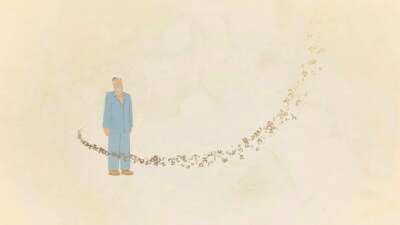
The Bridge Across Time (Animation)
Watch Rabbi Sacks’ message on Torah, and how it lives in every generation

The Everlasting Flame (Yom Ha'atzmaut animation)
Watch Rabbi Sacks’ message on the true courage of Israel
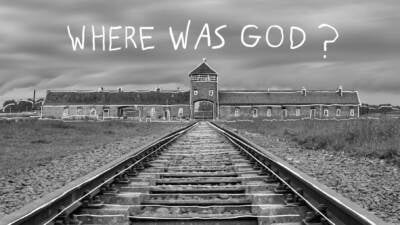
Faith After the Holocaust
Rabbi Sacks responds to the devastation of the Holocaust

Israel: Home of Hope (animated video)
Rabbi Sacks on the connection between Ezekiel’s Vision of the Valley of Dry Bones and the creation of the modern State of Israel.
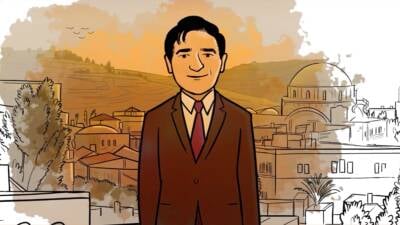
Connecting to God (animated video)
With audio recorded by Rabbi Sacks in 2010, here is a new animated video of the three key ways we can each connect to God.
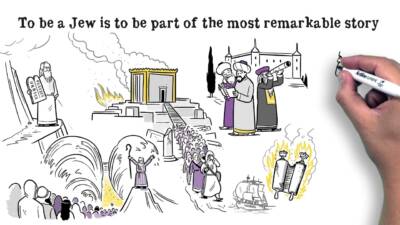
Being Jewish (animated video)
An animation on understanding our identity and our Jewish heritage.

Morality (animated video)
“We need to restore that sense of collective responsibility…”
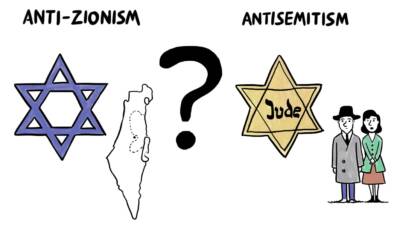
The Connection between Judaism and Israel
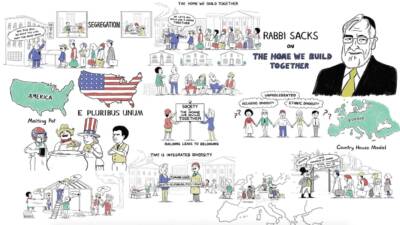
The Home We Build Together (animated video)
How can we create a healthy, sustainable society? Does building lead to belonging?

Rabbi Sacks on 'The Great Partnership'
Do Religion and Science Always Contradict Each Other?
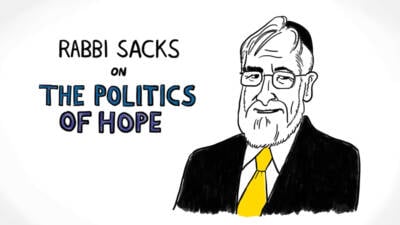
Rabbi Sacks on 'The Politics of Hope'
Can we create a new kind of politics?
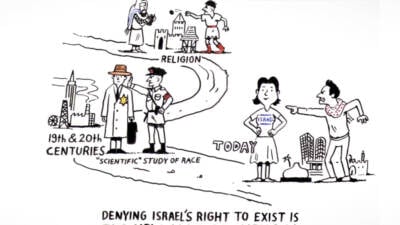
The Mutation of Antisemitism
What is antisemitism, and how has it changed over the centuries?
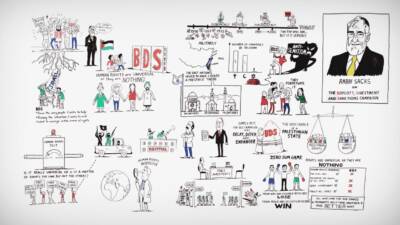
On the Boycott, Divestment and Sanctions (BDS) campaign
Why is it important to understand and oppose the BDS campaign?
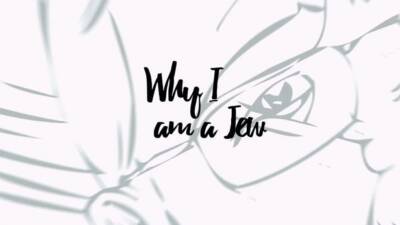
Why I am a Jew
An animated video on Jewish identity and finding your Jewish purpose
